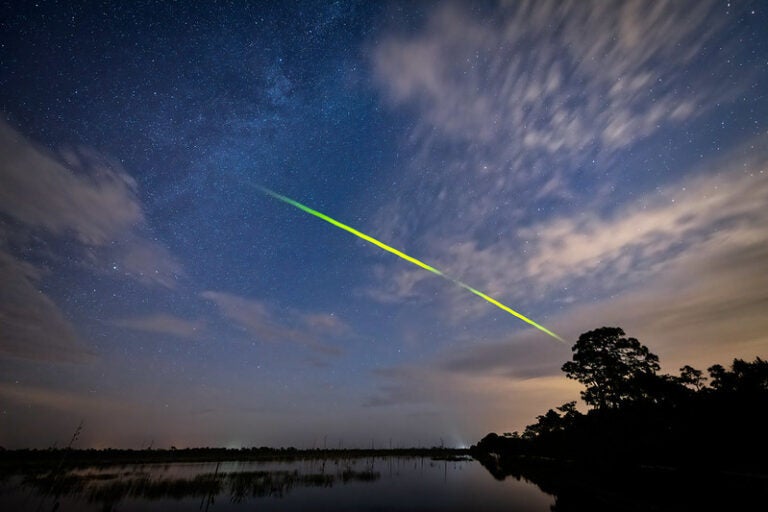On December 29 at a ceremony in Brasilia, the Brazilian Minister of Science and Technology, Sergio Machado Rezende, and the ESO Director General, Tim de Zeeuw, signed the formal accession agreement aiming to make Brazil a Member State of the ESO. Since the agreement means accession to an international convention, the agreement must now be submitted to the Brazilian Parliament for ratification. The signing of the agreement followed the unanimous approval by the ESO Council during an extraordinary meeting December 21.
“Joining ESO will give new impetus to the development of science, technology, and innovation in Brazil as part of the considerable efforts our government is making to keep the country advancing in these strategic areas,” said Rezende.
The ESO has a long history of successful involvement with South America, ever since Chile was selected as the best site for its observatories in 1963. Until now, however, no non-European country has joined ESO as a Member State.
“The membership of Brazil will give the vibrant Brazilian astronomical community full access to the most productive observatory in the world and open up opportunities for Brazilian high-tech industry to contribute to the European Extremely Large Telescope (E-ELT) project. It will also bring new resources and skills to the organization at the right time for them to make a major contribution to this exciting project,” said Tim de Zeeuw.
The E-ELT telescope design phase was recently completed, and an international panel of independent experts conducted a major review where every aspect of this large project was scrutinized. The panel found that the E-ELT project is technically ready to enter the construction phase. The go-ahead for E-ELT construction is planned for 2011, and when operations start early in the next decade, European, Brazilian, and Chilean astronomers will have access to this giant telescope.
“Astronomers in Brazil will benefit from collaborating with European colleagues, and naturally from having observing time at ESO’s world-class observatories at La Silla and Paranal, as well as on ALMA, which ESO is constructing with its international partners,” said Laurent Vigroux, the president of ESO’s governing body, the Council.
On December 29 at a ceremony in Brasilia, the Brazilian Minister of Science and Technology, Sergio Machado Rezende, and the ESO Director General, Tim de Zeeuw, signed the formal accession agreement aiming to make Brazil a Member State of the ESO. Since the agreement means accession to an international convention, the agreement must now be submitted to the Brazilian Parliament for ratification. The signing of the agreement followed the unanimous approval by the ESO Council during an extraordinary meeting December 21.
“Joining ESO will give new impetus to the development of science, technology, and innovation in Brazil as part of the considerable efforts our government is making to keep the country advancing in these strategic areas,” said Rezende.
The ESO has a long history of successful involvement with South America, ever since Chile was selected as the best site for its observatories in 1963. Until now, however, no non-European country has joined ESO as a Member State.
“The membership of Brazil will give the vibrant Brazilian astronomical community full access to the most productive observatory in the world and open up opportunities for Brazilian high-tech industry to contribute to the European Extremely Large Telescope (E-ELT) project. It will also bring new resources and skills to the organization at the right time for them to make a major contribution to this exciting project,” said Tim de Zeeuw.
The E-ELT telescope design phase was recently completed, and an international panel of independent experts conducted a major review where every aspect of this large project was scrutinized. The panel found that the E-ELT project is technically ready to enter the construction phase. The go-ahead for E-ELT construction is planned for 2011, and when operations start early in the next decade, European, Brazilian, and Chilean astronomers will have access to this giant telescope.
“Astronomers in Brazil will benefit from collaborating with European colleagues, and naturally from having observing time at ESO’s world-class observatories at La Silla and Paranal, as well as on ALMA, which ESO is constructing with its international partners,” said Laurent Vigroux, the president of ESO’s governing body, the Council.










